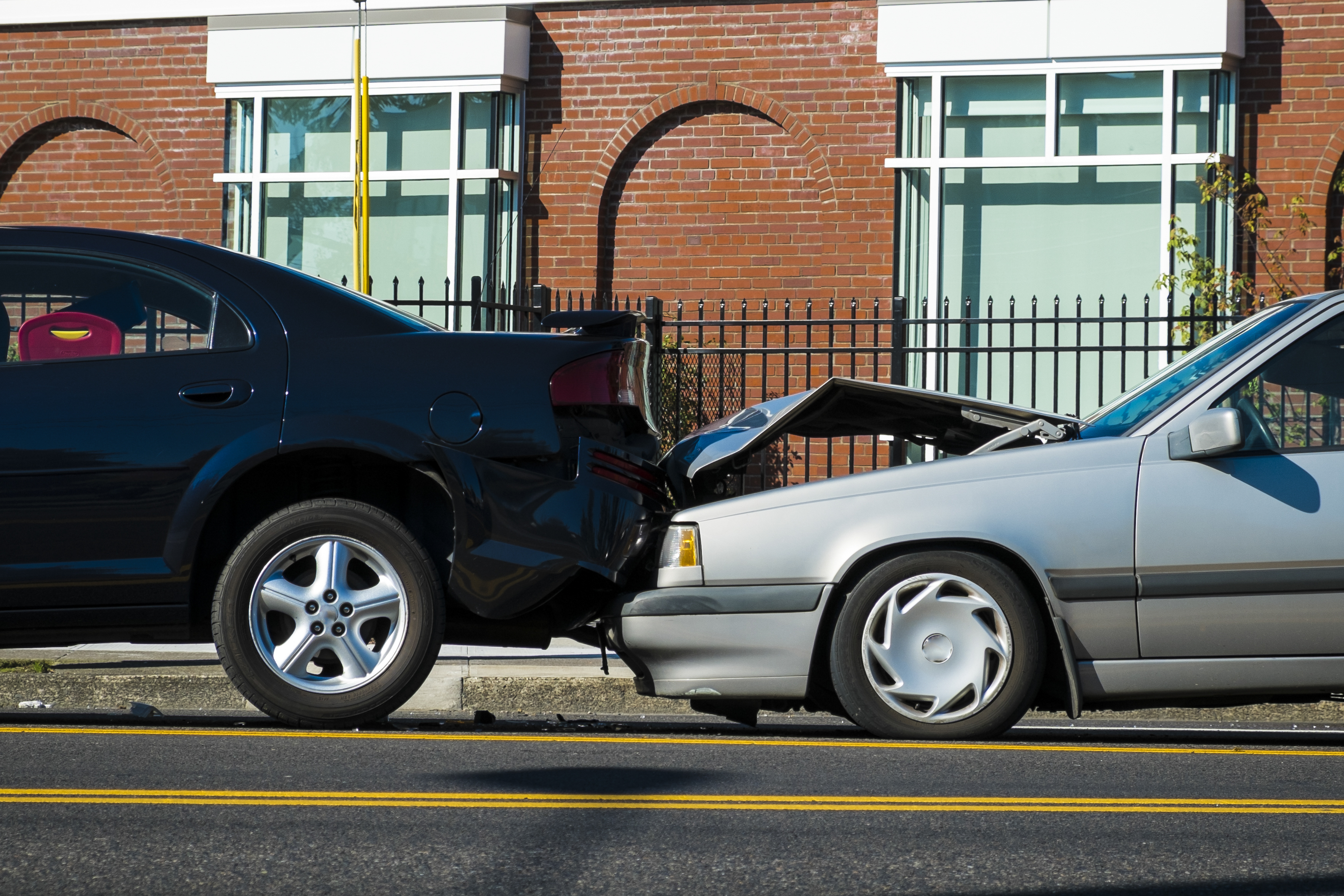What to do after a car accident
And more of the week's best financial advice

A free daily email with the biggest news stories of the day – and the best features from TheWeek.com
You are now subscribed
Your newsletter sign-up was successful
Here are three of the week's top pieces of financial advice, gathered from around the web:
What to do after a car accident
"How you react at the scene of an accident and immediately after can have a big impact on your financial life," said Laura Adams at US News. The first thing to do after everyone is out of harm's way is to call the police and file a report. If the police can't come, go to the nearest station or file an accident report with your state's Department of Motor Vehicles. "If the other driver wants to discuss who's at fault or the cost of damages, simply say your insurance adjuster will contact them." Stick to the facts, and leave it to others to determine fault. You should also report the accident to your auto insurance company as soon as possible. Failure to do so could "make it impossible to file a claim at a later date."
The Week
Escape your echo chamber. Get the facts behind the news, plus analysis from multiple perspectives.

Sign up for The Week's Free Newsletters
From our morning news briefing to a weekly Good News Newsletter, get the best of The Week delivered directly to your inbox.
From our morning news briefing to a weekly Good News Newsletter, get the best of The Week delivered directly to your inbox.
Seniors embrace mortgages
"Paying off the house used to be a cause for celebration, but many retirees no longer see it that way," said Vivian Marino at The New York Times. Thanks to low interest rates and tax breaks, "an increasing number of older Americans prefer to have a mortgage," despite often having enough savings to buy a new home for their retirement years. But retirees who haven't applied for a mortgage in years "might be surprised by all the extra hoops they have to jump through." Post–financial crisis regulations have made it harder for "just about everyone" to qualify. But that shouldn't discourage potential borrowers. "More often than not, banks are willing to lend — as long as you have regular monthly income, like a pension and Social Security, or retirement assets."
Balance transfers and your credit score
You have to be careful, but a credit card balance transfer "might actually boost your credit score," said Kristin Wong at Lifehacker. Transferring your balance from a high-interest credit card to a card with a lower rate can help you save money on interest and pay off your debt faster. But a strategic balance transfer can also increase your credit score by lowering your credit utilization ratio, which is the amount of credit you have versus the amount you actually use. Assuming your old card stays open, and you don't rack up more debt, you'll have more available credit, improving your credit utilization ratio and, ultimately, your credit score. However, it's "not a move you want to make lightly." Although some cards offer a 0 percent introductory rate for balance transfers, many charge a high interest rate after the promotional period.
A free daily email with the biggest news stories of the day – and the best features from TheWeek.com